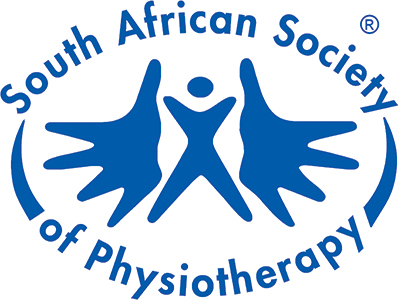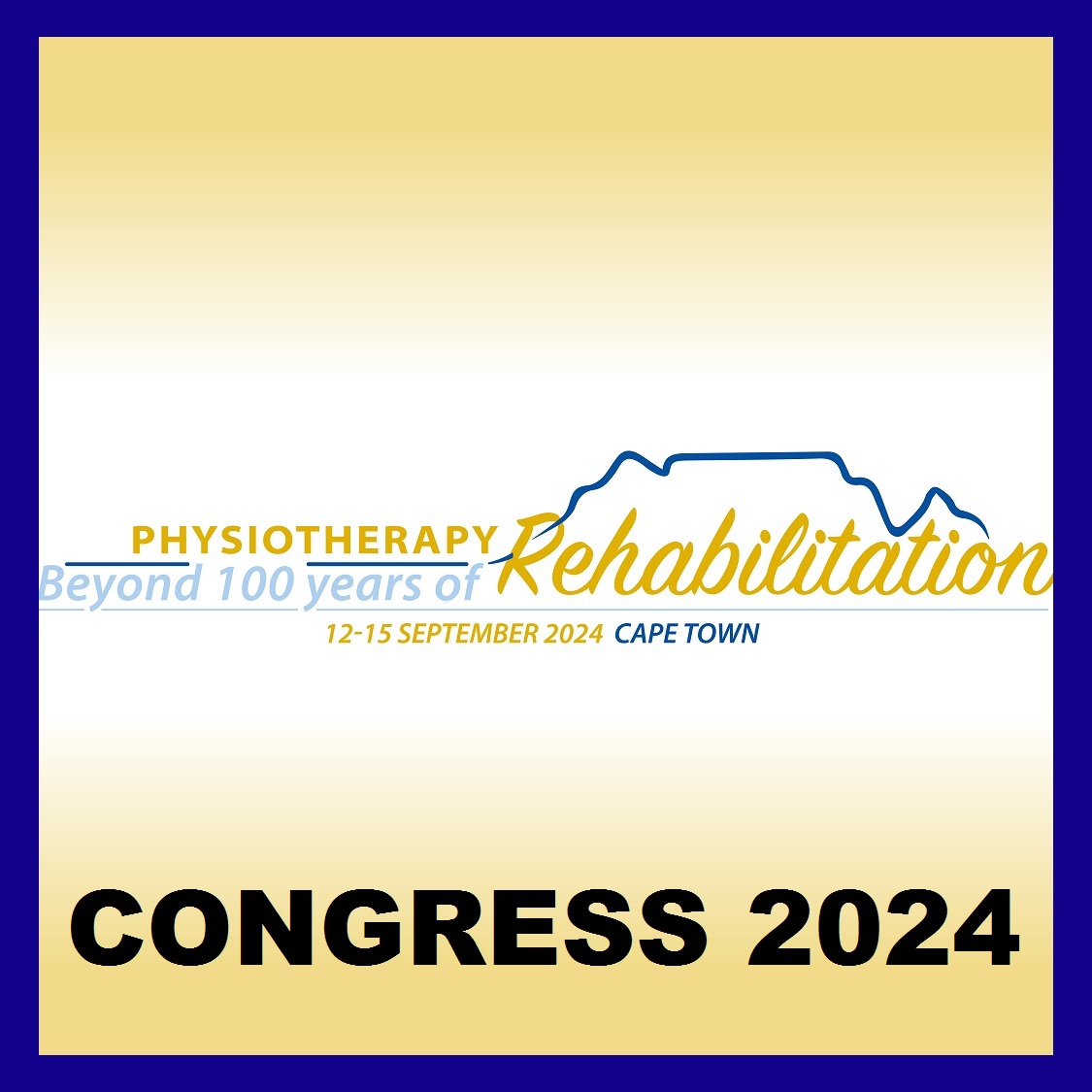Physiotherapy is concerned with
Assessing, treating and preventing human and animal movement disorders, restoring normal function or minimising dysfunction and pain in adults and children with physical impairment, to enable them to achieve the highest possible level of independence in their lives; preventing recurring injuries and disability in the workplace, at home, or during recreational activities and promoting community health for all age groups.
Physiotherapists use
Skilled evaluation, skilled hands on therapy such as mobilisation, manipulation, massage and acupressure; individually designed exercise programmes, relaxation techniques, sophisticated equipment, hydrotherapy and biofeedback, specialised electrotherapy equipment, heat, ice and traction to relieve pain and assist healing and recovery, suitable walking aids, splints and appliances, patient education.
Where can you work?
One of the wonderful aspects of Physiotherapy is the wide choice of work situations which you can enjoy. You may choose to see patients in a particular age range - teaching a young mother in preparation for the birth of her child; handling tiny babies with lung infections or cerebral palsy, coaxing older children (and adults) to move again after surgery, injury or burns. You will learn to analyse and treat the aches and pains of approaching middle age, and in old aged homes you may help the elderly to retain and regain their independence.
Physiotherapists may work in
- Public and private hospitals
- Private practice
- Community health centres
- Day care centres and nursing homes
- Sports centres and with sporting teams
- Schools and pre-schools
- Research areas
- Occupational health units
- Training institutions
- Health policy development units
- Special centres for people with physical disabilities
Click here for the HPCSA scopes of practice relating to Biokinetics
Click here for the HPCSA scopes of practice relating to Physiotherapy
Click here for the HPCSA scopes of practice relating to Podiatry







